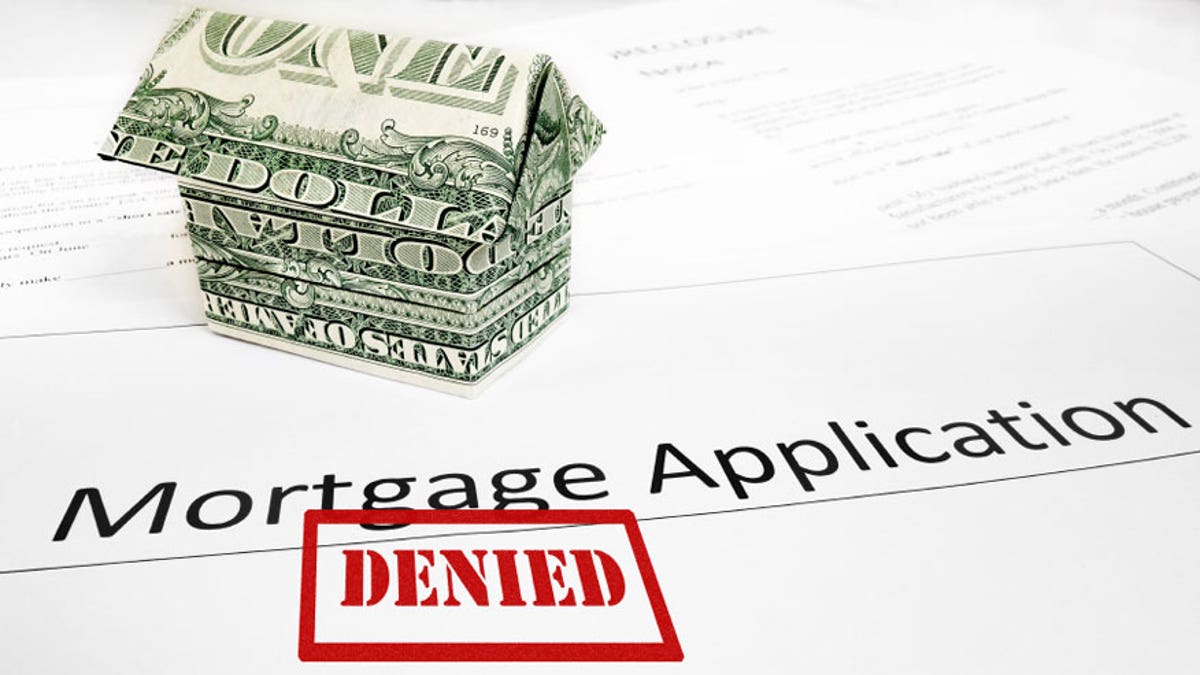
(iStock)
It’s a problem that’s more common than you’d think with home sales: a buyer has made an offer, the seller accepts, and it seems like the deal is done. But then something comes along to ruin the sale and it’s back to square one. Here are a few ways that a real estate deal can die an untimely death.
Change in Credit Situation
In between getting pre-approved for a mortgage and actually closing on a home, a buyer can do a lot of things to alter their credit situation. Maybe they’ve missed a few credit card payments, or have purchased a new car — things that cause a lender to reassess them as a credit risk. In cases like this, a buyer can quickly have the pre-approval amount rescinded or altered, putting a real estate deal in jeopardy.
Even if the credit situation hasn’t changed, a lender might still turn down a buyer after they’ve been pre-approved. Keep in mind that a pre-approval for a mortgage is not the most rigorous process. The bank looks at pay stubs and a buyer’s latest credit reports, but doesn’t thoroughly dig into the buyer’s finances. Things like large amounts of unreimbursed business expenses or undisclosed business losses will cause a lender to rethink a buyer’s actual income, which often isn’t reflected in pay stubs alone.
Not Up to Code
A home inspection can turn up all sorts of things that might make a buyer think twice about a home – for instance, a leaky roof or a foundation in need of repair. But the one thing that will instantly kill a deal is a home that isn’t up to code. This often happens when a enthusiastic DIYer decides to make repairs and renovations on their own. Slapping up an addition without the proper permits or digging into the electrical system without hiring a licensed technician are surefire ways to make a house unsellable. But all too often, homeowners looking to save a few bucks make these mistakes, which can come back to haunt them when it’s time to sell. If there are a few DIY disasters lurking around your home, make sure to hire a licensed contractor to whip things into shape before you put the it on the market.
Bad Appraisal
Pricing a home is one of the trickiest parts of any real estate deal. While a seller wants to get as much as they can for the home, a property that is priced too high can kill the deal. Even though a buyer has agreed to the price, the buyer’s lender may insist on a second opinion and ask an appraiser to come up with an independent valuation for the home. The lender wants to know that is can resell the house and make back its money should the buyer default. This is less of a problem in hot housing markets, when lenders expect housing prices to continue to rise. But in a period of high foreclosures and falling housing prices, lenders want to be certain that they aren’t selling a home that’s going to be under water in a few years.
Taking Too Long
Most home sales go through pretty quickly, but some turn into long, drawn-out affairs that can cause the buyers to walk away. Between the offer and the closing date, there is a flurry of activity for both buyers and sellers, and failing to keep up with the paperwork and other tasks can drag out a process. Sellers need to quickly review and sign documents, set up a time for a home inspector and appraiser to review the home, and make needed repairs, all while finding a new home and packing. It can be a stressful time, so make sure to set clear and realistic deadlines with the buyers so that they don’t feel like the process is constantly getting delayed.